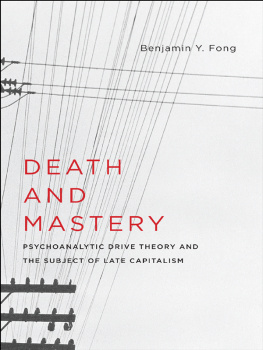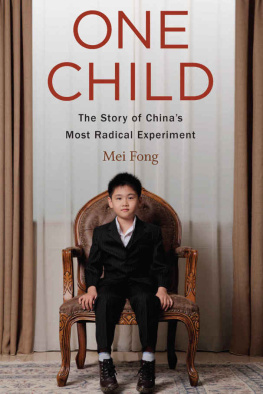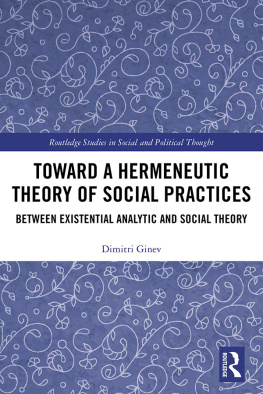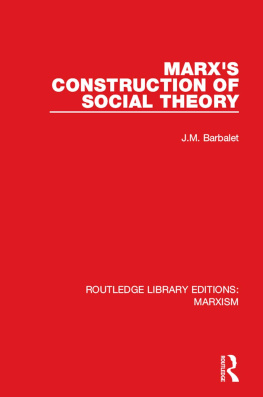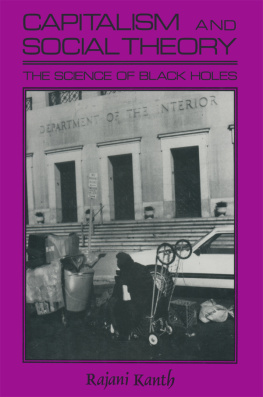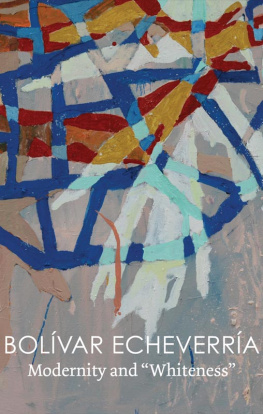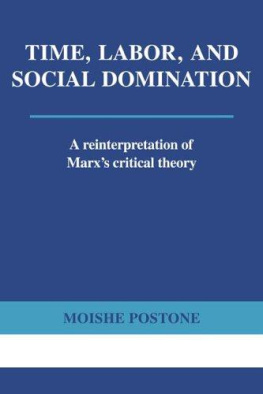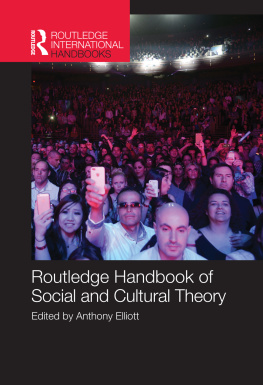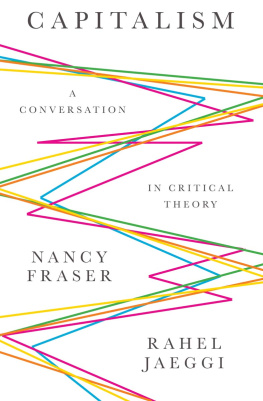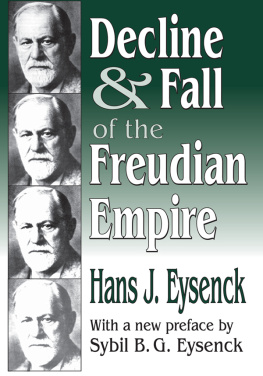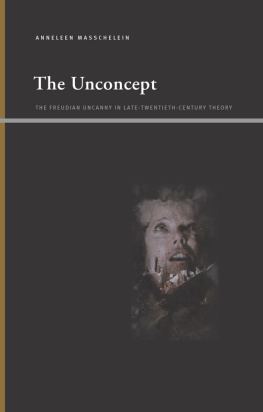Table of Contents
DEATH AND MASTERY
NEW DIRECTIONS IN CRITICAL THEORY
New Directions in Critical Theory
Amy Allen, General Editor
New Directions in Critical Theory presents outstanding classic and contemporary texts in the tradition of critical social theory, broadly construed. The series aims to renew and advance the program of critical social theory, with a particular focus on theorizing contemporary struggles around gender, race, sexuality, class, and globalization and their complex interconnections.
Narrating Evil: A Postmetaphysical Theory of Reflective Judgment, Mara Pa Lara
The Politics of Our Selves: Power, Autonomy, and Gender in Contemporary Critical Theory, Amy Allen
Democracy and the Political Unconscious, Nolle McAfee
The Force of the Example: Explorations in the Paradigm of Judgment, Alessandro Ferrara
Horrorism: Naming Contemporary Violence, Adriana Cavarero
Scales of Justice: Reimagining Political Space in a Globalizing World, Nancy Fraser
Pathologies of Reason: On the Legacy of Critical Theory, Axel Honneth
States Without Nations: Citizenship for Mortals, Jacqueline Stevens
The Racial Discourses of Life Philosophy: Ngritude, Vitalism, and Modernity, Donna V. Jones
Democracy in What State?, Giorgio Agamben, Alain Badiou, Daniel Bensad, Wendy Brown, Jean-Luc Nancy, Jacques Rancire, Kristin Ross, Slavoj iek
Politics of Culture and the Spirit of Critique: Dialogues, edited by Gabriel Rockhill and Alfredo Gomez-Muller
Mute Speech: Literature, Critical Theory, and Politics, Jacques Rancire
The Right to Justification: Elements of Constructivist Theory of Justice, Rainer Forst
The Scandal of Reason: A Critical Theory of Political Judgment, Albena Azmanova
The Wrath of Capital: Neoliberalism and Climate Change Politics, Adrian Parr
Media of Reason: A Theory of Rationality, Matthias Vogel
Social Acceleration: The Transformation of Time in Modernity, Hartmut Rosa
The Disclosure of Politics: Struggles Over the Semantics of Secularization, Mara Pa Lara
Radical Cosmopolitics: The Ethics and Politics of Democratic Universalism, James Ingram
Freedoms Right: The Social Foundations of Democratic Life, Axel Honneth
Imaginal Politics: Images Beyond Imagination and the Imaginary, Chiara Bottici
Alienation, Rahel Jaeggi
The Power of Tolerance: A Debate, Wendy Brown and Rainer Forst, edited by Luca Di Blasi and Christoph F. E. Holzhey
Radical History and the Politics of Art, Gabriel Rockhill
The Highway of Despair: Critical Theory After Hegel, Robyn Marasco
A Political Economy of the Senses: Neoliberalism, Reification, Critique, Anita Chari
The End of Progress: Decolonizing the Normative Foundations of Critical Theory, Amy Allen
Recognition or Disagreement: A Critical Encounter on the Politics of Freedom, Equality, and Identity, Axel Honneth and Jacques Rancire, edited by Katia Genel and Jean-Philippe Deranty
What Is a People?, Alain Badiou, Judith Butler, Georges Didi-Huberman, Sadri Khiari, Jacques Rancire, and Pierre Bourdieu
DEATH AND MASTERY
Psychoanalytic Drive Theory and the Subject of Late Capitalism
Benjamin Y. Fong
Columbia University Press New York
Columbia University Press
Publishers Since 1893
New York Chichester, West Sussex
cup.columbia.edu
Copyright 2016 Columbia University Press
All rights reserved
E-ISBN 978-0-231-54261-6
Library of Congress Cataloging-in-Publication Data
Names: Fong, Benjamin Y., author.
Title: Death and mastery: psychoanalytic drive theory and the subject of late capitalism / Benjamin Y. Fong.
Description: New York: Columbia University Press, [2016] | Series: New directions in critical theory | Includes bibliographical references and index.
Identifiers: LCCN 2016014150| ISBN 9780231176682 (cloth) | ISBN 9780231542616 (e-book)
Subjects: LCSH: Death instinct. | DeathPsychological aspects. | CapitalismPsychological aspects.
Classification: LCC BF175.5.D4 F66 2016 | DDC 150. 19/5dc23
LC record available at https://lccn.loc.gov/2016014150
A Columbia University Press E-book.
CUP would be pleased to hear about your reading experience with this e-book at .
Cover design: Rebecca Lown
You are using one part of your force to fight the other part.
Sigmund Freud
Contents
This book grew out of dialogue with a diverse set of intellectually stimulating and nourishing colleagues, mentors, friends, and family members for which I am tremendously grateful. I would like specifically to thank Mark C. Taylor and Wayne Proudfoot, for the extraordinary guidance and feedback; Kevin Kelly, whose perspicuous exposition of Freudian metapsychology helped lay the foundation for this project; Fred Neuhouser, for his valuable comments on a longer paper that eventually became , but also for directing me to the Columbia University Center for Psychoanalytic Training and Research, where I was an Affiliate Scholar for two years; Lisa Cerami, who helped me work through some of the more impenetrable passages in Adorno; Joshua Dubler, a sounding board of unusual warmth and clarity; Yonatan Brafman and Liane Carlson, for the continuing education; Andrea Sun-Mee Jones, who is in many ways responsible for the existence of this project; that remarkable organization that is the Society for Psychoanalytic Inquiry, and in particular Jeremy Cohan, Chris Crawford, Greg Gabrellas, Scott Jenkins, Ben Koditschek, Christie Offenbacher, and Allan Scholom for their leadership; Gil Anidjar, Fabian Arzuaga (and the Social Theory Workshop at the University of Chicago), Courtney Bender, Alison Brown, Ashleigh Campi, Shanna Carlson, Bernard Faure, Daragh Grant, Jack Hawley, Phillip Henry, Andy Junker, Jonathan Lear, Mark Loeffler, Birte Lschenkohl, Moishe Postone, Jonathan Schorsch, and Simon Taylor for discussing various chapters with me; and Isaac Balbus, Jared Holley, Gabriel Levine, and Eric Santner, all of whom read the entire manuscript at critical moments in its development and whose lucid feedback gave me the confidence to move forward.
I presented a portion of this books introduction at the American Psychoanalytic Associations Annual Meeting in January 2015 as an APsaA Fellow, and I would like to thank Charles Amrhein, Rosemary Johnson, and Lynne Zeavin for coordinating the fellowship and Bruce Reis and Paul Schwaber for responding to my presentation. Parts of were presented at the Hans W. Loewald Conference in February 2014 at the New School; thanks go to Ryan Gustafson and Hunter Robinson for organizing the conference, Brian Kloppenberg and Aleksandra Wagner for responding to my paper, and Elliot Jurist for organizing the special issue of Psychoanalytic Psychology in which the proceedings were published.
More generally, thanks to the Jacob K. Javits Foundation, Julia Clark-Spohn, Meryl Marcus, Deborah Neibel, and the Society of Fellows at the University of Chicago for their support, and to all fellow Fellows for their friendship and collegiality. Thanks also to Amy Allen, Wendy Lochner, Christine Dunbar, the two anonymous readers, and the team at Columbia University Press for the excellent feedback, encouragement, and patient attention to my many questions and requests.

